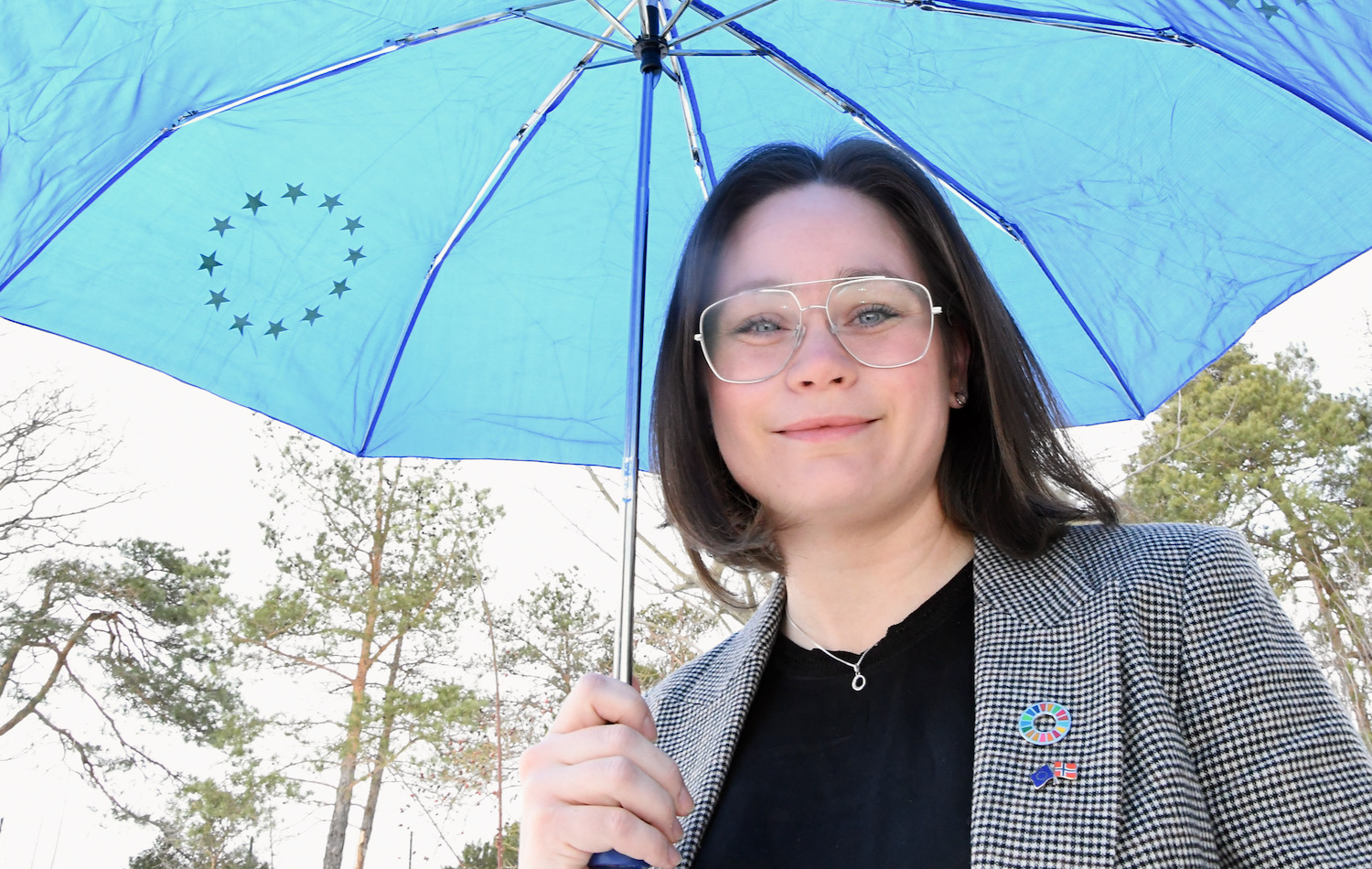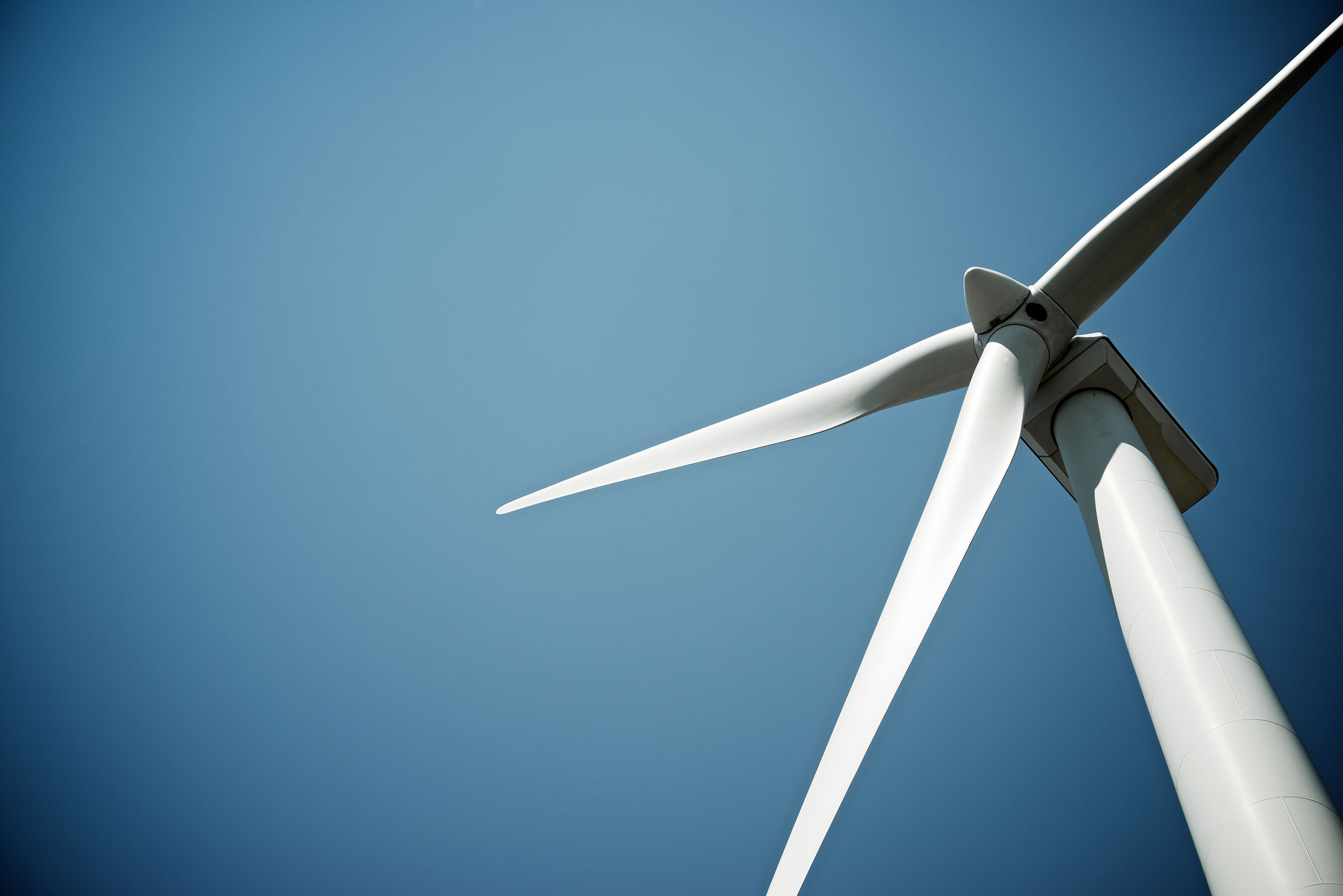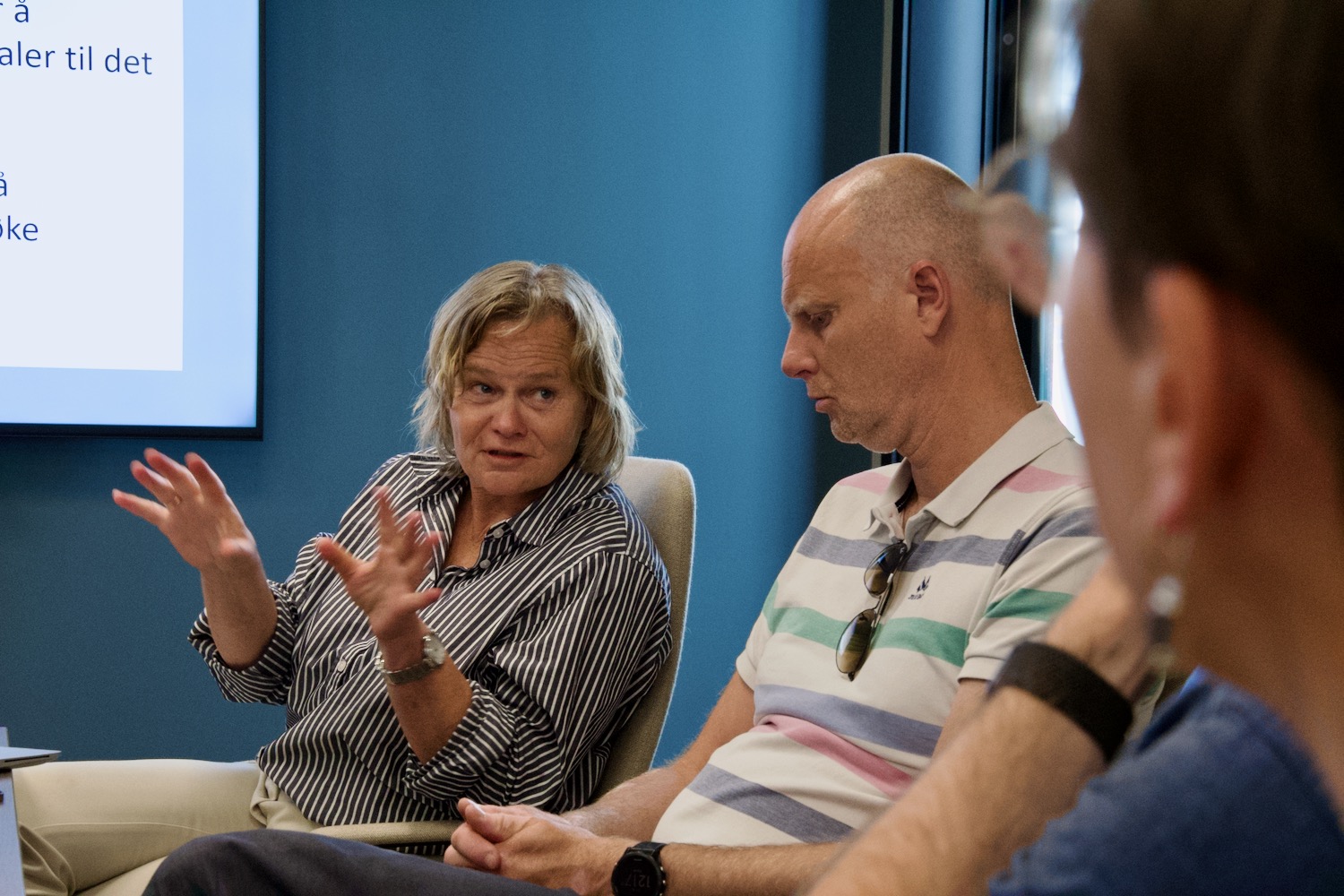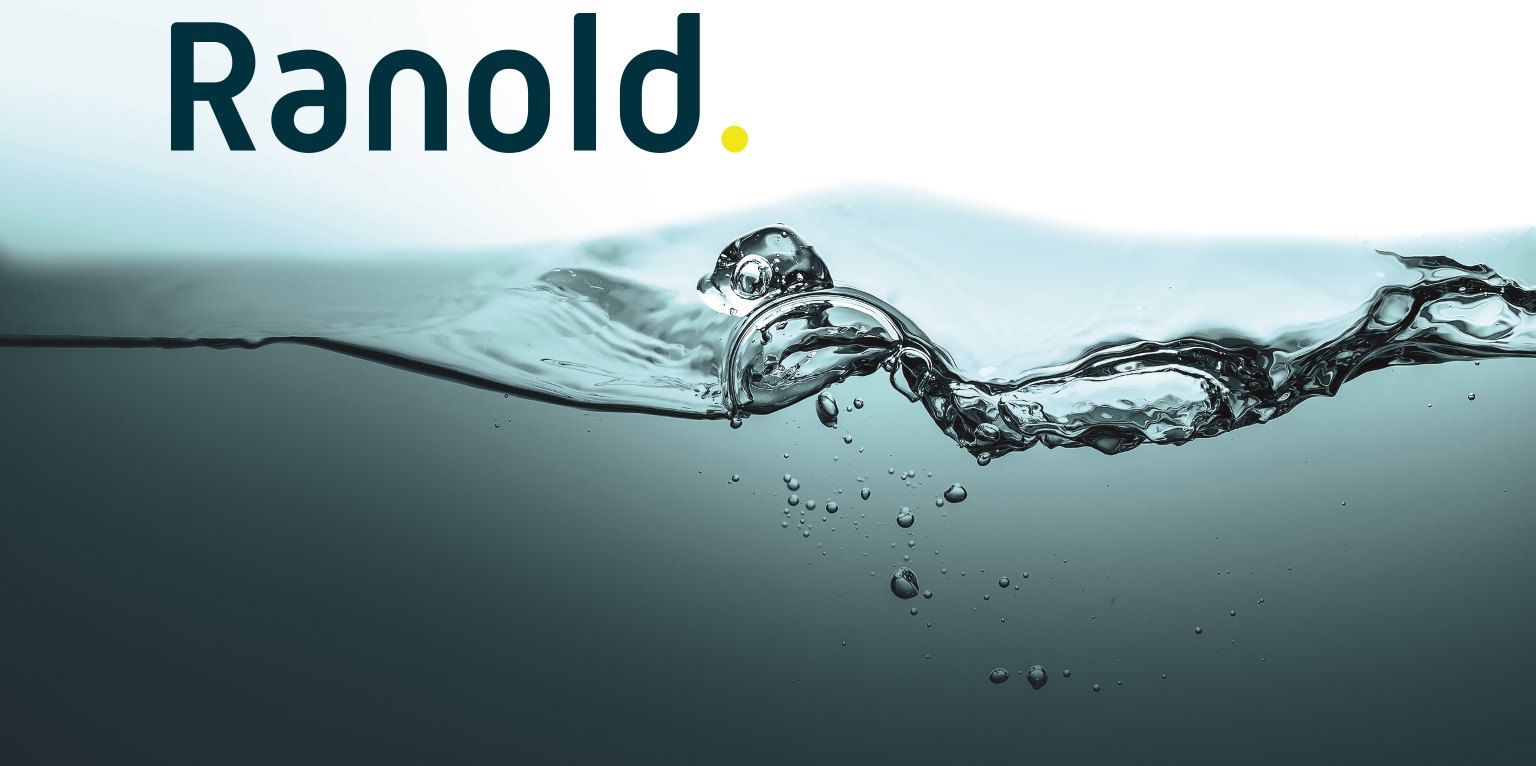“As a new line of EU research and innovation programs is in the process of being approved, it is time to get organized. Forming cross-industry consortiums is probably a very good idea, and something to prepare for,” says Isabelle-Louise Aabel, EU Advisor at GCE NODE.
Horizon Europe, a new framework for research and innovation for the period 2021-2027, is expected to be set in motion very soon. It replaces the Horizon 2020 program and lists a vision of 1) Tackling climate change, 2) Helping to achieve Sustainable Development Goals and 3) Boosting the European Union’s competitiveness and growth.
“A main objective is to make Europe carbon neutral by 2050. All projects should be aligned to assist in reaching this goal,” explains Aabel.
CROSS-INDUSTRY COOPERATION
A distinctive feature of the Horizon Europe program is its call for cooperation across industries. How competence and technology from different industries can come together to find new solutions, is very much in focus.
“Partnering with companies in other industries is likely to improve your chances of winning bids. Large-scale programs, such as Horizon Europe, calls for large-scale solutions. This is another reason why forming consortiums is a good idea,” says Aabel.
Even though EU projects in general are large, the number of employees in your company is not essential. What matters is your ability to solve a problem that the EU would like to see solved.
“If may be easier for a well-staffed company to find the time to put an EU project together, but small and medium-sized companies should not refrain from approaching this matter,” says Aabel.
CALL A FRIEND!
Bidding on EU research and innovation grants is a familiar task for some companies, and not so much for others. Aabel would be pleased to assist those who need assistance.
“Call a friend and ask for help. That friend could be me! GCE NODE has the resources to assist its cluster participant in these matters. We also cooperate with The Research Council of Norway, Innovation Norway, Enova and South Norway European Office,” says Aabel.
She will screen the final EU programs in February and March and produce a shortlist of relevant programs within technology, ICT and digitalization.
Among the 2,500-3,000 pages defining the program, there will be calls for projects within offshore energy, batteries, hydrogen, carbon capture utilization and storage, artificial intelligence and much more.
Reach out to EU Advisor Isabelle-Louise Aabel by phone 992 75 549 or e-mail: isabelle@gcenode.no.



